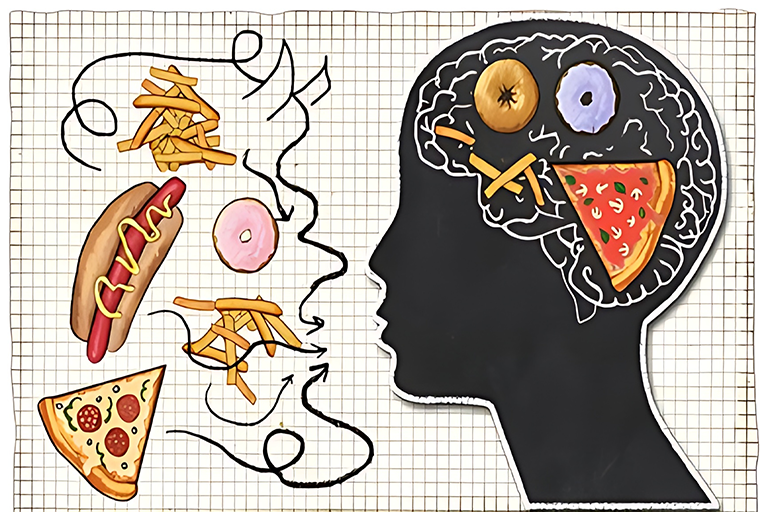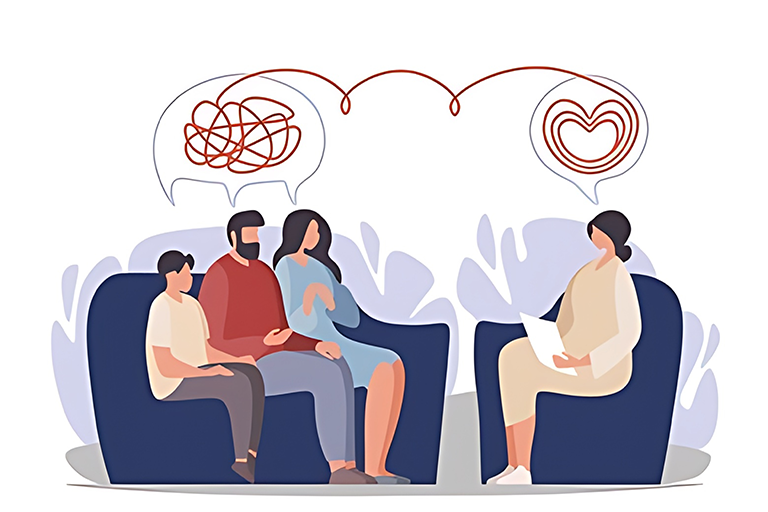Dealing with Schizophrenia
Schizophrenia is a mental disorder that impairs a person’s ability to think, feel, relate to others, and make sound decisions. Moreover, because there is currently no cure, it is essential to begin the appropriate treatment as soon as possible.
The symptoms of schizophrenia will be the primary focus of the treatment. It is possible that one may need to take medication for the rest of their life. Talk therapy or psychotherapy, is often an integral part of treatment plans for helping patients understand and take control of their symptoms. In addition to receiving the appropriate medical care, having the emotional and logistical backing of the loved ones will go a long way toward easing the way through life.
Different kinds of therapy to help treat the symptoms of Schizophrenia
Individual therapy
A therapist or psychiatrist can help a person learn how to deal with thoughts and actions during sessions. S/he will learn more about the illness and how it affects her/him. S/he will also learn how to tell what is real and what isn’t. It can also help to deal with day-to-day life.
Cognitive behavior therapy (CBT)
This can help change the way s/he thinks and acts. A therapist will show the way to deal with hearing voices and seeing things that aren’t there. With a combination of CBT sessions and medication, s/he can eventually figure out what causes their psychotic episodes (times when hallucinations or delusions come on) and how to stop or lessen them.
Cognitive-enhancement therapy (CET)
Cognitive remediation is another name for this kind of therapy. It teaches people how to pick up on social cues, or triggers, and how to pay more attention, remember things, and organize their thoughts. It uses both group sessions and brain training on a computer.
Different kinds of psychosocial therapy to Dealing with Schizophrenia
If a person with schizophrenia gets better during psychotherapy, it’s likely that s/he will need more help learning how to fit in with others. So, psychosocial therapy comes into play.
Social skills training
This kind of teaching focuses on improving communication and how people get along with each other.
Rehabilitation
Schizophrenia usually starts to show up when a person is building a career. So, rehabilitation might include job counseling, help with solving problems, and learning how to handle money.
Educating the family
You can help a friend or family member who has psychosis or schizophrenia if you know about it. Research shows that people with schizophrenia do better when they have a strong group of friends and family to help them than when they don’t.
Helping yourself
You should try to get the person you care about to join care and outreach programs in their community so they can keep working on their social skills. The National Alliance on Mental Illness (NAMI), for example, is a community outreach group that offers a free peer-to-peer program. It has 10 sessions for adults with mental illness who want to learn more about their illness from people who have been through it themselves or watched a loved one go through it.
Coordinated speciality care (CSC)
This is for people who are having their first episode of psychosis. It’s a team effort that includes both medicine and talk therapy. It tries to include the family as much as possible and offers social and job services. The goal is to catch the disease as early as possible so that it can be treated and the outcome can be changed. Research shows that people with schizophrenia do best in the long run if they get treatment early and quickly.
Assertive treatment in the community (ACT)
This gives people with schizophrenia services that are very specific to their needs and help them do things like take their medications. ACT professionals also help them deal with problems ahead of time and try to stop crises from happening.
Social recovery therapy
The main goal of this treatment is to help the person set and reach goals and build optimism and positive thoughts about themselves and others.
Shruti Dua, Mental Health Blogger, YOUR Confidant





